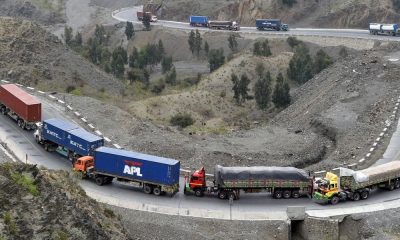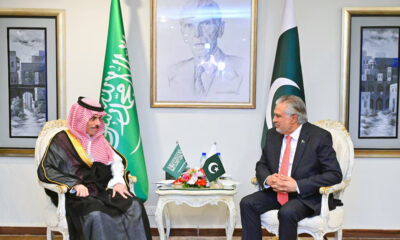Business
Investors and traders welcome new tax reduction plan
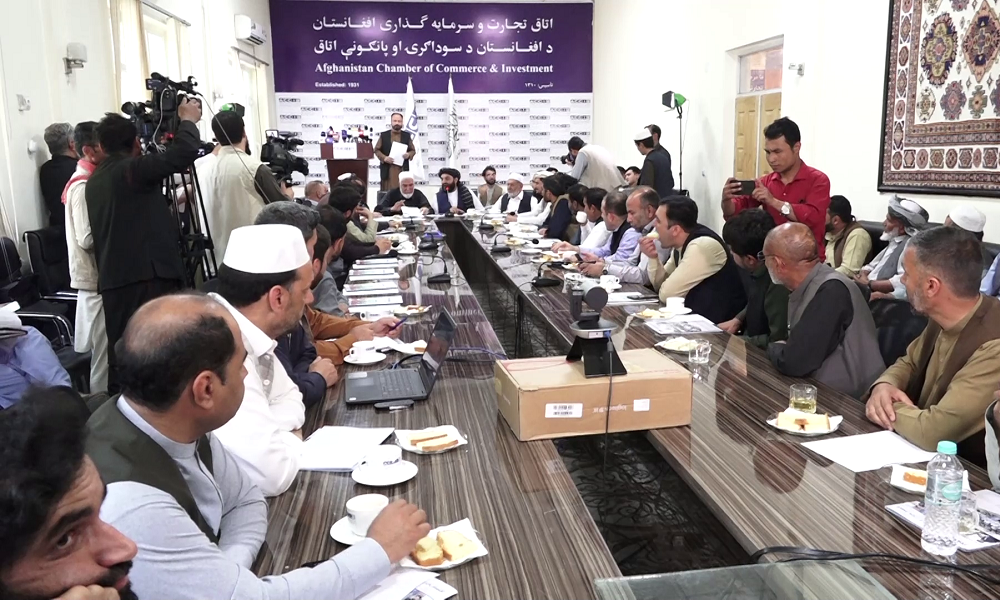
Businessmen and investors have welcomed the Islamic Emirate’s new tax reduction plan and said they support the initiative.
At a meeting in Kabul on Sunday, members of the private sector said that creating facilities and reducing taxes can benefit businesses and help boost economic growth in the country.
“In the past year, there has been considerable progress in the trade and transit sector. Last year, we had approximately 2,200 trade shipments,” said Mohammad Yunus Mohmand, acting head of Chamber of Commerce and Investment (ACCI).
According to the new tax reduction plan, for the growth and support of the private sector, tax on company profit has been dropped from 4% to 2%, while the 7% contract tax on agriculture, industry and commerce has been waived.
Educational centers have meanwhile been exempt for one year from paying profit tax.
Khanjan Alkozi, a member of the ACCI meanwhile said that in light of investors and factory owners now being supported, the chamber calls on them to ensure they produce quality goods that are sold at affordable prices.
Some traders said they are still facing numerous challenges but hope the new tax plan will ease their problems.
“The thing I would like to mention is the two percent tax that they (Islamic Emirate) say exporters must pay at the customs, but our request to the Islamic Emirate is that if this tax is reduced from two to 0.5 percent, it will be very good,” said one trader.
Based on this new plan, passport distribution and visa issuance facilities are supposed to be created for businessmen and industrialists in all zones of the country.
Business
Export volume totals over $140 million in last month of 1402
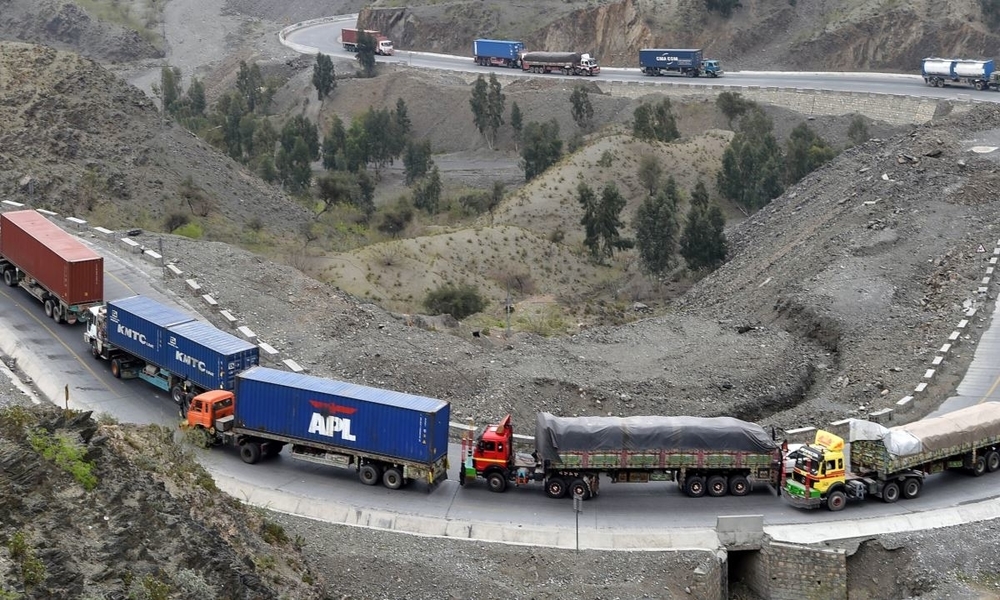
The National Statistics and Information Authority (NSIA) confirmed Tuesday that in the last month of solar year 1402, (March 2024) Afghanistan’s exports totaled $141.1 million and imports totaled $789.6 million.
This was down from $174 million for exports in the same period in 1401. However, imports increased by $99.2 million in 1402, up from $690.4 million.
Most exports in the last month of 1402 went to Pakistan, India and the United Arab Emirates, while in the last month of 1401 exports went to Pakistan, India and China.
Business
Afghanistan-Kazakhstan chamber of commerce opens in Herat
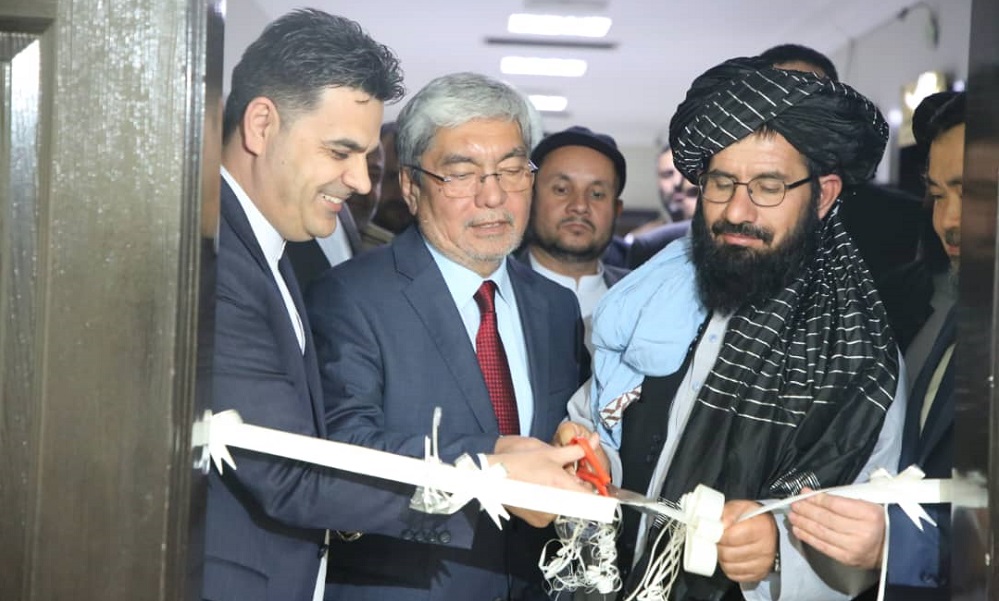
The Ministry of Interior said the governor of Herat province Islam Jar met with Alim Khan Yasin Gildaye, Ambassador of Kazakhstan to Afghanistan, to discuss various issues around trade.
According to the ministry, the two sides discussed the expansion of trade facilities, increasing the volume of trade exchanges between traders of the two countries, reducing customs tariffs, solving the challenges of traders and issuing visas to them.
The Afghanistan-Kazakhstan Chamber of Commerce has been opened in Herat in order to facilitate and increase trade between the two countries.
Business
Afghanistan reaches self-sufficiency in production of 133 items: MoIC
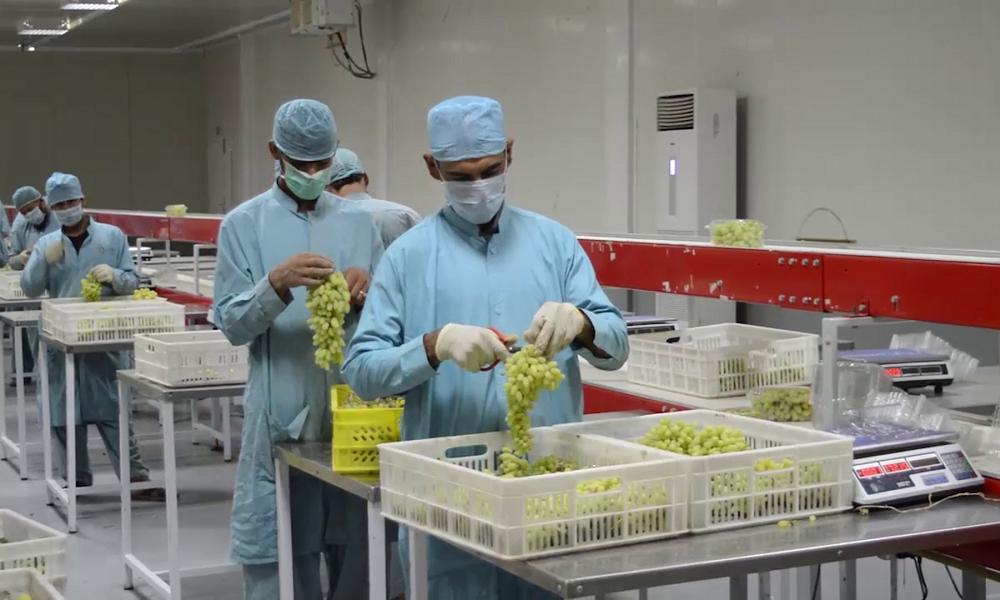
The Ministry of Industry and Commerce (MoIC) says Afghanistan has reached self-sufficiency in 45 sectors and the production of 133 items, and that the ministry is striving to change Afghanistan from an importing country to an exporting one.
The ministry officials said that for this purpose, supporting domestic products and attracting investment is essential.
The ministry’s spokesman Abdul Salam Jawad Akhundzada emphasized increasing the use of domestic goods and products in government and national projects and added that efforts have also begun to find a market for domestic products inside and outside the country.
“We have reached self-sufficiency in 133 items of production, which is 45 sectors, and also we reached the capacity of semi-self-sufficiency in 95 items of production, which is 27 sectors,” he said.
Meanwhile, the Chamber of Industries and Mines (ACIM) says over the past two and a half years, more attention has been paid to the development of domestic production and it is also expanding.
The chamber officials stressed expanding the culture of using domestic products in government projects.
“I think that the government is one of the biggest consumers in the market if it uses domestic products in all its development projects,” said Abdul Nasir Rashtia, a member of ACIM.
Economic experts also said that if the use of domestic products in government projects increases, Afghanistan will quickly move towards economic independence.
-

 Regional4 days ago
Regional4 days agoIndian foreign ministry advises against travel to Iran, Israel
-

 Latest News4 days ago
Latest News4 days agoLightning strikes in Helmand kill one, injure three
-

 Latest News4 days ago
Latest News4 days agoTop former US general claims Daesh-Khorasan is ‘on the upswing’
-
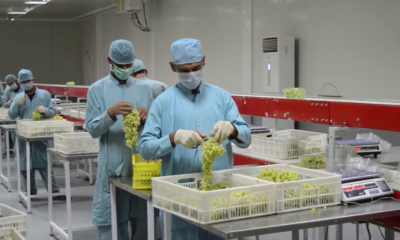
 Business4 days ago
Business4 days agoAfghanistan reaches self-sufficiency in production of 133 items: MoIC
-

 Sport3 days ago
Sport3 days agoACL draw to be broadcast live on ATN channels
-

 Health4 days ago
Health4 days agoMajority of Afghans with mental disorders are women: officials
-

 Regional3 days ago
Regional3 days agoIRGC chief warns of harsher response if Israel attacks Iran
-
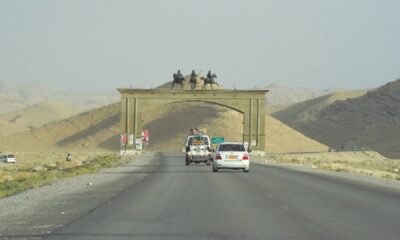
 Regional4 days ago
Regional4 days agoGunmen kill 9 men after abduction in southwest Pakistan








